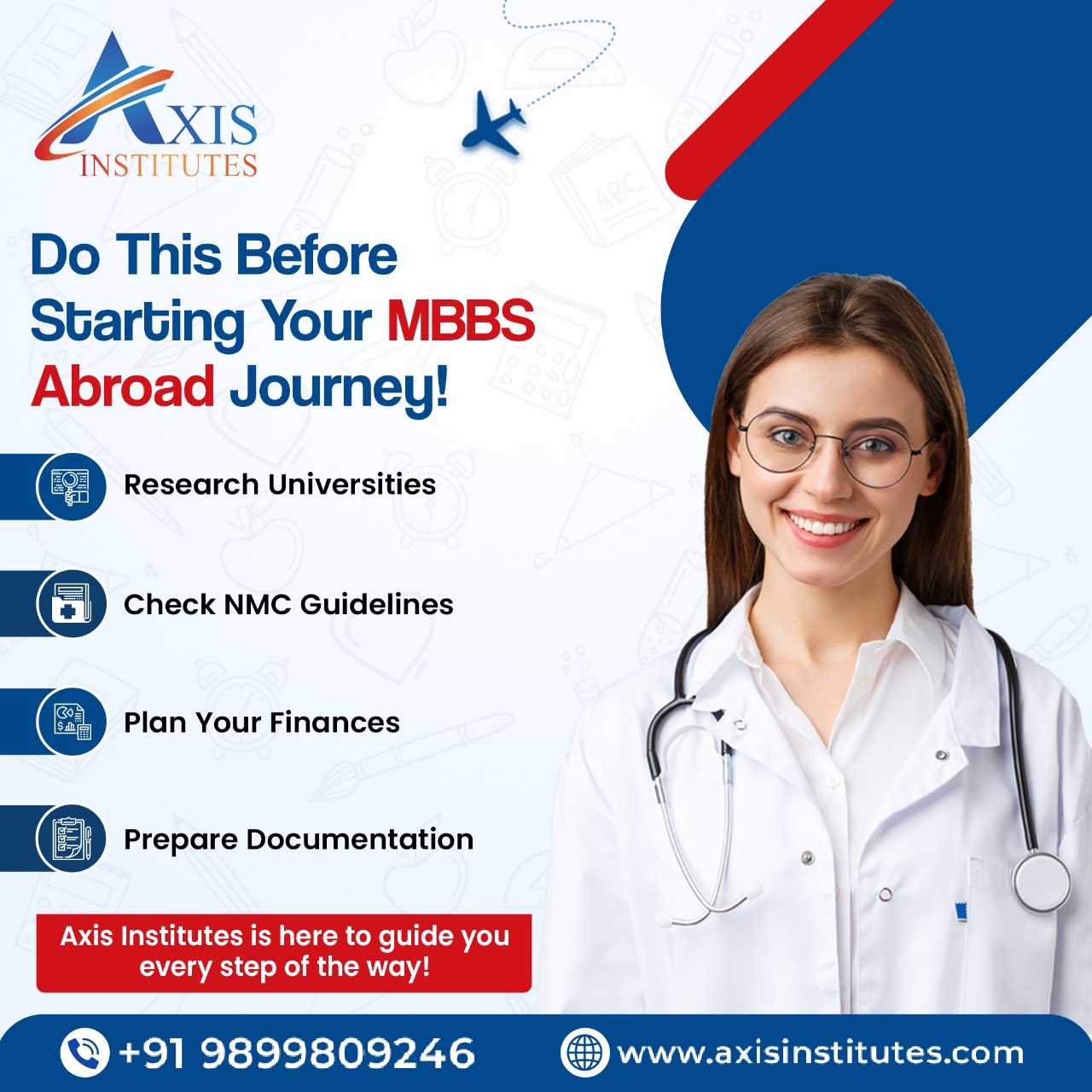
The landscape of medical education is constantly evolving, and Uzbekistan is no exception. With a rich history in education and a growing emphasis on healthcare reform, the future of MBBS (Bachelor of Medicine, Bachelor of Surgery) in Uzbekistan holds promise. This blog will explore the current state of MBBS education in the country, the opportunities that lie ahead, and the challenges that need to be addressed.
Current State of MBBS Education in Uzbekistan
Uzbekistan has made significant strides in developing its medical education system over the past few decades. The country boasts several reputable medical universities, such as the Tashkent Medical Academy, Samarkand State Medical University, and the Andijan State Medical Institute. These institutions have been pivotal in training a new generation of healthcare professionals.
Curriculum and Training
The MBBS curriculum in Uzbekistan is designed to meet international standards, with a strong focus on both theoretical knowledge and practical skills. Students undergo rigorous training in various medical disciplines, including anatomy, physiology, pathology, and clinical medicine. The inclusion of modern teaching methods, such as problem-based learning and simulation-based training, enhances the educational experience.
Government Support
The Uzbek government recognizes the importance of a robust healthcare system and has invested in medical education. Initiatives such as partnerships with foreign universities and international organizations aim to enhance the quality of training. The Ministry of Health is actively involved in reforming medical education to align it with global standards.
Opportunities in MBBS Education
Growing Demand for Healthcare Professionals
With a population exceeding 35 million, Uzbekistan faces an increasing demand for healthcare services. The government is committed to improving healthcare access, which translates to a need for more trained medical professionals. This demand opens up opportunities for MBBS graduates, not only within Uzbekistan but also in neighboring countries.
International Collaboration
Uzbekistan has been fostering international partnerships to enhance its medical education. Collaborations with universities in the United States, Europe, and Asia are paving the way for exchange programs, joint research, and faculty development. Such initiatives enrich the educational experience for students and promote global best practices in medicine.
Advancements in Technology
The integration of technology in medical education is revolutionizing how students learn. Virtual reality, telemedicine, and online resources are becoming essential tools for MBBS students. These advancements allow for remote learning and access to a wealth of information, making medical education more accessible and efficient.
Specialization Opportunities
As the healthcare sector in Uzbekistan expands, there will be increasing opportunities for specialization. Graduates can pursue further studies in fields such as cardiology, oncology, pediatrics, and more. This specialization not only enhances their skills but also increases their employability in a competitive job market.
Challenges Ahead
Quality Assurance
While the government is making strides in improving medical education, ensuring consistent quality across all institutions remains a challenge. Some medical universities may struggle with outdated facilities, inadequate faculty training, or limited resources. Maintaining high educational standards is crucial for producing competent healthcare professionals.
Brain Drain
A significant challenge facing Uzbekistan’s medical sector is the brain drain phenomenon, where skilled graduates seek opportunities abroad for better pay and working conditions. This trend poses a threat to the country’s healthcare system, as talented individuals leave for greener pastures. Addressing this issue will require improving working conditions and providing competitive salaries.
Language Barriers
Although many medical programs in Uzbekistan offer courses in English, language barriers still exist. Students who are not proficient in English may find it challenging to grasp complex medical concepts and communicate effectively in clinical settings. Enhancing language training for medical students is essential for their success.
Infrastructure Development
While the Uzbek government is investing in healthcare, there is still a need for significant infrastructure development. Modern hospitals, clinics, and research facilities are crucial for providing quality healthcare and practical training for MBBS students. Continued investment in healthcare infrastructure will be vital for the future of medical education in Uzbekistan.
The Path Forward
Curriculum Reform
To remain competitive, Uzbekistan must continually update its MBBS curriculum to reflect the latest medical advancements and global best practices. Incorporating new medical technologies, patient-centered care, and interdisciplinary approaches will be essential in training competent healthcare professionals.
Enhancing Faculty Development
Investing in faculty development is crucial for improving the quality of medical education. Providing ongoing training, research opportunities, and international exposure for educators can enhance their teaching capabilities and, consequently, student learning outcomes.
Promoting Research and Innovation
Encouraging research and innovation in medical education will strengthen Uzbekistan’s healthcare system. Establishing research grants, fostering collaborations with international institutions, and creating platforms for sharing knowledge will contribute to a vibrant research culture.
Addressing Retention Strategies
To combat the brain drain, the government and healthcare institutions must implement retention strategies. Competitive salaries, improved working conditions, and professional development opportunities can incentivize graduates to stay and contribute to the healthcare system in Uzbekistan.
Conclusion
The future of MBBS education in Uzbekistan is bright, filled with opportunities for growth and improvement. By addressing the challenges head-on and capitalizing on the existing strengths, Uzbekistan can produce skilled healthcare professionals equipped to meet the demands of a rapidly evolving medical landscape. As the country continues to invest in its healthcare system, the next generation of doctors will play a pivotal role in shaping the future of healthcare in Uzbekistan and beyond.
